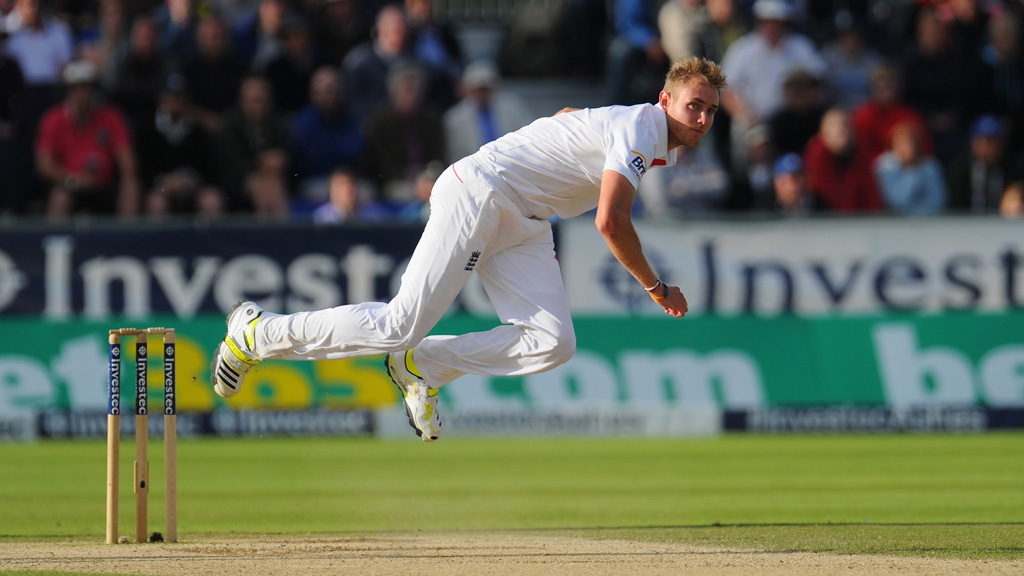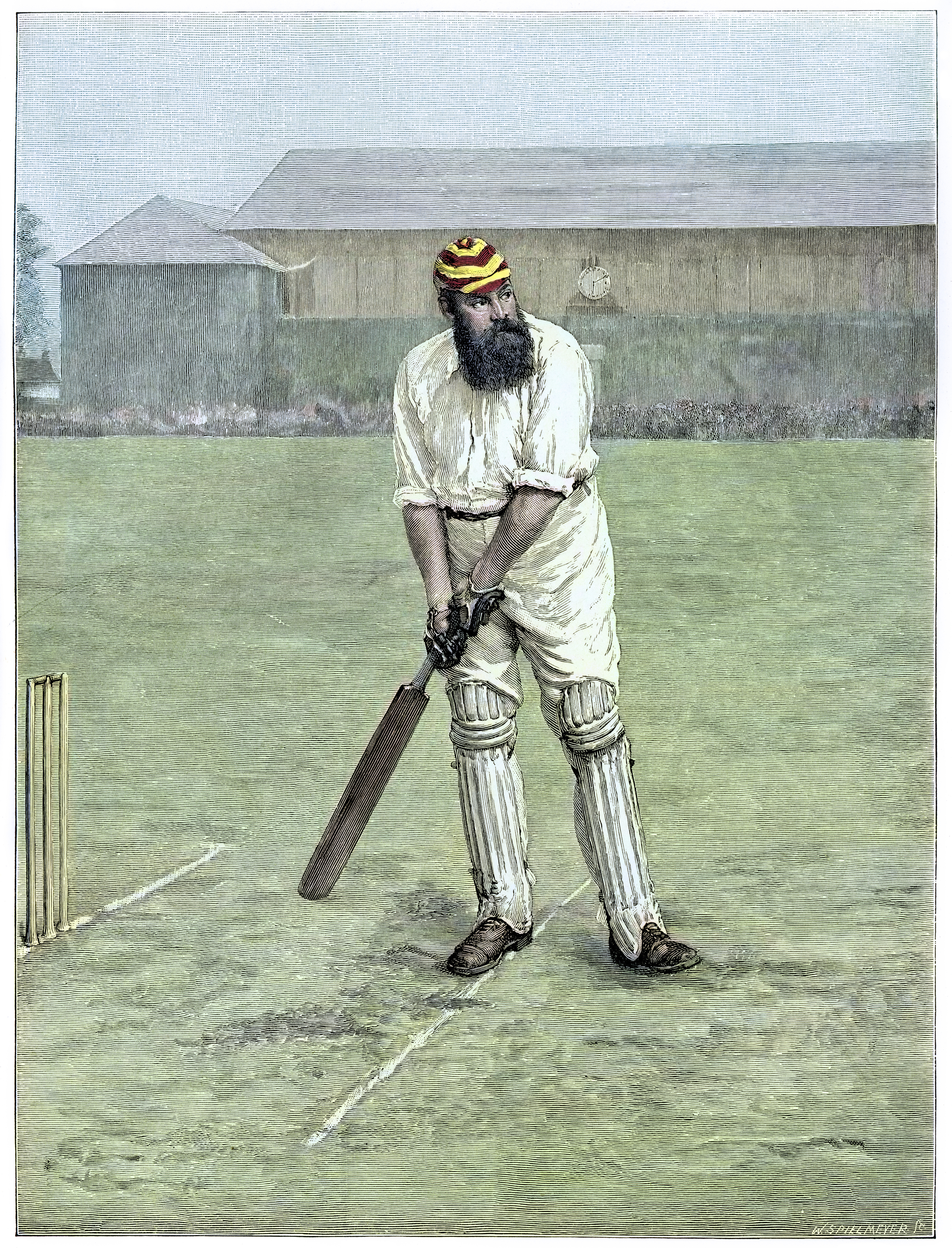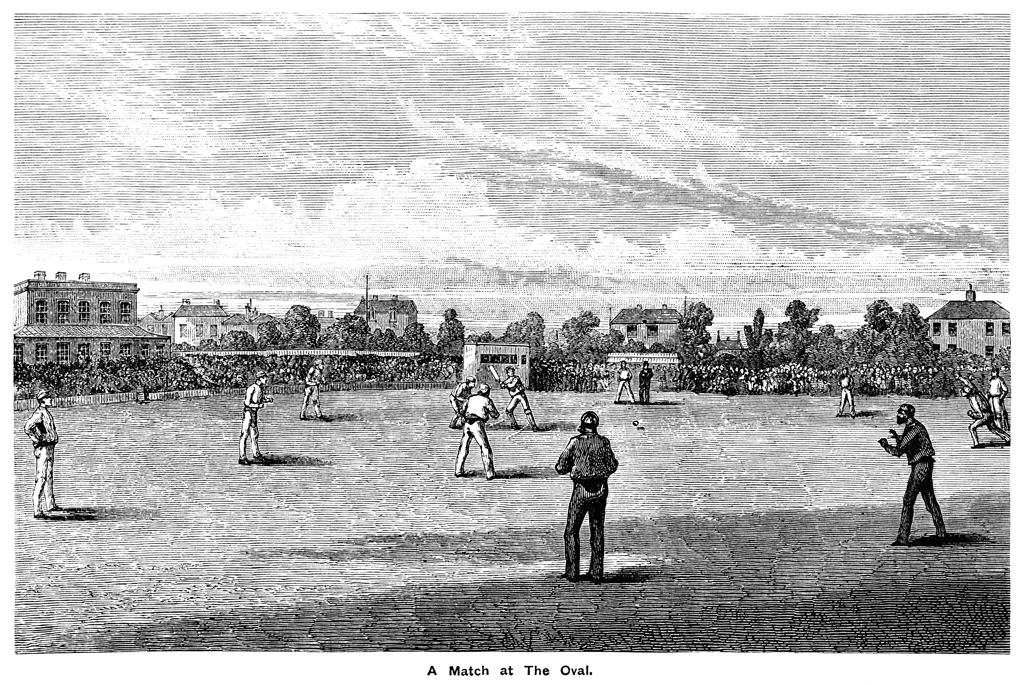Final Ashes test could still provide some fireworks
The Oval will provide the perfect backdrop for a final Ashes test that could see England claim a history 4-0 series win. But Australia will be looking to restore some national pride.

So England are 3-0 up, the Ashes are secured, the series won. The football season has already started, so we can safely forget about the fifth test at The Oval, can’t we?
Well no, we can’t.
England have not been as dominant as the series score suggests. Australia have been competitive in three of the four tests so far – the difference has been that, when it matters, England have been more ruthless and have driven home their advantage.
But Australia will be seeking to restore pride and boost their confidence ahead of the reverse Ashes tour Down Under this winter. They’ve made two changes, bringing back left-arm seamer Mitchell Starc for Jackson Bird and giving James Faulkner his test debut in place of Usman Khawaja.
England also have an eye on the Australian winter. They’ve brought in fast bowler Steven Finn, all-rounder Chris Woakes and – after Monty Panesar’s unfortunate series of events this summer – the left-arm spinner Simon Kerrigan. But it’s expected that Chris Tremlett will be the man to come into the final XI on his home turf to replace the injured Tim Bresnan.
The ground has been sold out for all five days, the weather forecast is good and there’s potentially a cracking match in prospect. England will not want to receive the Ashes on the back of an anti-climactic final test defeat – and they have never won an Ashes series 4-0, so will be pitching to make history.

Oval magic
And the Oval is very familiar with the role of history-maker. It was here that the first ever test was staged on British soil – in 1880 – when a WG Grace century helped the home side beat Australia.
And it was the birthplace of the Ashes themselves – as a bail was burned to symbolise the “ashes of English cricket” when the Australians returned two years later and recorded the first test win on English soil.
Down the years, there has been a catalogue of great and history-making Ashes contests at the ground. In 1938, Len Hutton made what was then a world record test score of 364 in an Ashes record England total of 903-7 declared. Hutton’s is still the highest Test score by any English player.
Ten years later and Don Bradman’s Australians were sweeping all before them. They came to The Oval 3-0 up. It was to be Bradman’s last test. England having been skittled for just 52 and Australia 117-1 when the Don came to the wicket, it was likely that this would be his final innings.
Astonishingly, he needed to score just 4 runs to end his career with a test batting average of 100.
Applauded all the way to the wicket by crowd and opponents alike, he defended his first ball from England’s leg-spinner Eric Hollies, but was then clean bowled second ball – his career test average stranded on 99.94.

Five years later and it was Hutton who was again centre-stage as England won the final test here in coronation year to win the Ashes for the first time in 19 years.
A generation later The Oval staged a test that few cricket fans of a certain age will ever forget. The summer of 1968 had been a wet one. Australia had won the first test, but England had twice been frustrated by the weather when in a winning position. So, when it came to the final test, Australia had already retained the Ashes, being one-up with one to play.
This time the weather was set fair for most of the game and England, having batted well, set Australia 352 to win. A victory seemed assured, as they reduced the tourists to 85-5 at lunch on the final day. Then came the downpour. The outfield at The Oval looked more like the Serpentine. The ground staff and a small band of volunteers began what seemed a forlorn task of mopping up with squeegees and blankets.
Eventually the pitch was deemed playable – but England had just 75 minutes to take the last five Australian wickets. As the minutes ticked away, it looked like a draw was inevitable, but cometh the hour, cometh England’s left-arm medium-pace spinner, Derek Underwood. On a sticky wicket, he proved unplayable, taking the last four wickets in 27 balls to finish with 7-50 and see England home with six minutes to spare.
And it's not just the Ashes that have provided the drama at The Oval. In 1971, India recorded their first ever test and series-win in England.
In 1984, the West Indies completed their 5-0 "blackwash" with Malcolm Marshall, Joel Garner and Michael Holding sending England wickets tumbling.
And 2006 saw perhaps the most controversial test match ever, as Pakistan refused to return to the field after being penalised for ball-tampering and – after a three year series of appeals and counter-appeals – were eventually ruled to have forfeited the match.
In 1972, it was Australia’s turn. England – 2-1 up entering the final test – had retained the Ashes. But centuries from both Ian and Greg Chappell and two five-wicket hauls by paceman Dennis Lillee saw the tourists home by five wickets on the last day.
England again went into the last game 2-1 ahead in 1985. But this time Graham Gooch – with 196 – and David Gower – 157 – compiled a 351-run second wicket stand that helped England to an innings win and a 3-1 series victory.
A low-scoring Oval test in 1997 saw England win by just 19 runs to take the series 3-2 – Phil Tufnell recording man of the match figures of 11-93, while in 2001, the Waugh brothers – Steve and Mark – mounted a 197-run stand to help Australia to 641-4 declared – though both were pipped to the man of the match award by spinner Shane Warne, who took 11 wickets in the match.
Four years later, a heroic 158 by Kevin Pietersen helped England salvage a draw here, to complete a 2-1 Ashes series victory. And in 2009, England clinched the Ashes at The Oval, with a Trott century and eight wickets for Graeme Swann.
So the final test of 2013 may be a dead rubber, but that doesn’t mean a dead match. Another outstanding innings from Ian Bell – or perhaps for Australia by Michael Clarke – match-winning bowling from Jimmy Anderson and Stuart Broad – or Ryan Harris and Peter Siddle. Best of all, another nail-biting finish on the last day.
If you’re a cricket enthusiast, there’ll still be much to watch for at The Oval over the next five days.
-
Latest news
-
As India goes to the polls in the world’s largest election – what do British-Indians think?6m

-
Tees Valley: Meet the candidates in one of the biggest contests coming up in May’s local elections4m

-
Keir Starmer says public sector reform will be a struggle7m

-
Nicola Sturgeon’s husband Peter Murrell charged with embezzlement of funds from SNP1m

-
Ukraine might finally get $60billion in American weapons and assistance to defend against Russia3m

-




